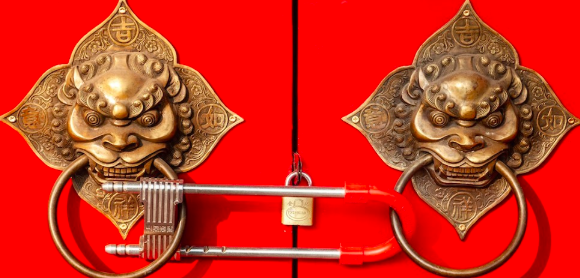The Devil’s in the Details

The 5G Huawei ban is not enough. To protect our networks and critical infrastructure from harm, far more needs to be done writes telecoms expert Stefan Brodin.
5G networks are starting to be rolled out across Europe and the rest of the world. It’s said to be a technological revolution that will transform industries and society, improve our lives and make leaps and bounds in productivity. Factories will become smarter, robots and sensors will be wirelessly connected with its automation logic moved to the network for improved efficiency. Cities, hospitals, cars, ports and power grids will all trust 5G for business-critical communication. The repercussions are barely understood but we know they’ll be deep and profound.
Therefore, it’s not strange that governments worry about the reliability and security of 5G networks. The impact of a failure can be literally fatal. We’re not talking about your kids screaming when losing a game due to a dropped internet connection. We’re talking about cities going dark, production shutting down, national economies getting hurt, human lives being lost at hospitals and in accidents as systems that will govern our lives fail. Add to this that, at the heart of the ban, is an uncomfortable truth about the Chinese state: that their violation of intellectual property (IP) is one of the business world’s most feared threats. Add to this that companies like Huawei are government linked businesses and the threat of IP becomes an imminent threat.
Governments have already taken proactive actions to protect its nations and citizens. The Chinese network equipment provider Huawei has been banned from providing 5G gear in the US and many European countries, in fear of that the Chinese government would be able to spy or gain control over the 5G networks. Sweden is one of the latest additions to the list of countries banning Huawei. I think the reasoning behind the bans is that—evidence or not—the impact would just be too severe. It’s a risk not worth taking.
So, are we all safe by selecting a 5G vendor we trust?
First of all, it’s important to realize that any 5G network is just one link in a longer chain. Typically, the chain starts with a person with a device like a mobile phone or a machine connected via an IoT devices which communicate over the 5G network to reach services on the internet such as Office 365. We have to make sure the 5G network isn’t the weakest link in this chain but also ensure that the devices and services on the internet are secure. Companies cannot just trust their network provider to solve the security challenge for them. Service providers also need to take their responsibility. The first link in the chain is the person or machine with a communication need. Companies and service providers have to ensure that they can trust that the person or machine behind the device is who they claim to be. We need a chain of trust and we all need to take responsibility for our part of it.
The list of 5G vendors just got shorter?
You may think that there was a short list of 5G vendors which just got shorter. To some extent that is true, partly due to the consolidation in the telecom market. However, these lists tend to focus on the big network equipment vendors who can deliver end to end networks, including radio. Specifically, the radio part is a difficult and costly one to be part of, which narrows down the number of players in this category. Mobile operators such as Vodafone have expressed concerns that there are too little competition and they are now pushing initiatives like Open RAN, which provides an open environment inviting more and smaller vendors to the radio party. With 5G also other parts of the network such as the Core will be built using cloud technologies. This opens up for many traditional IT vendors such as Microsoft and HP to enter the Telecom space. Also niche vendors that are experts in specific functions for example cybersecurity are invited. So in fact, the actual list of 5G vendors is long, longer than it’s ever been before, for any mobile technology generation. From a security perspective this complexity opposes a new challenge. Even if you don’t trust Huawei with your radio network you have to make sure you trust all parts of the chain, now broken down into detailed micro chains. You don’t want any devils in your details!
Read more about Clavister’s telecom solutions here








